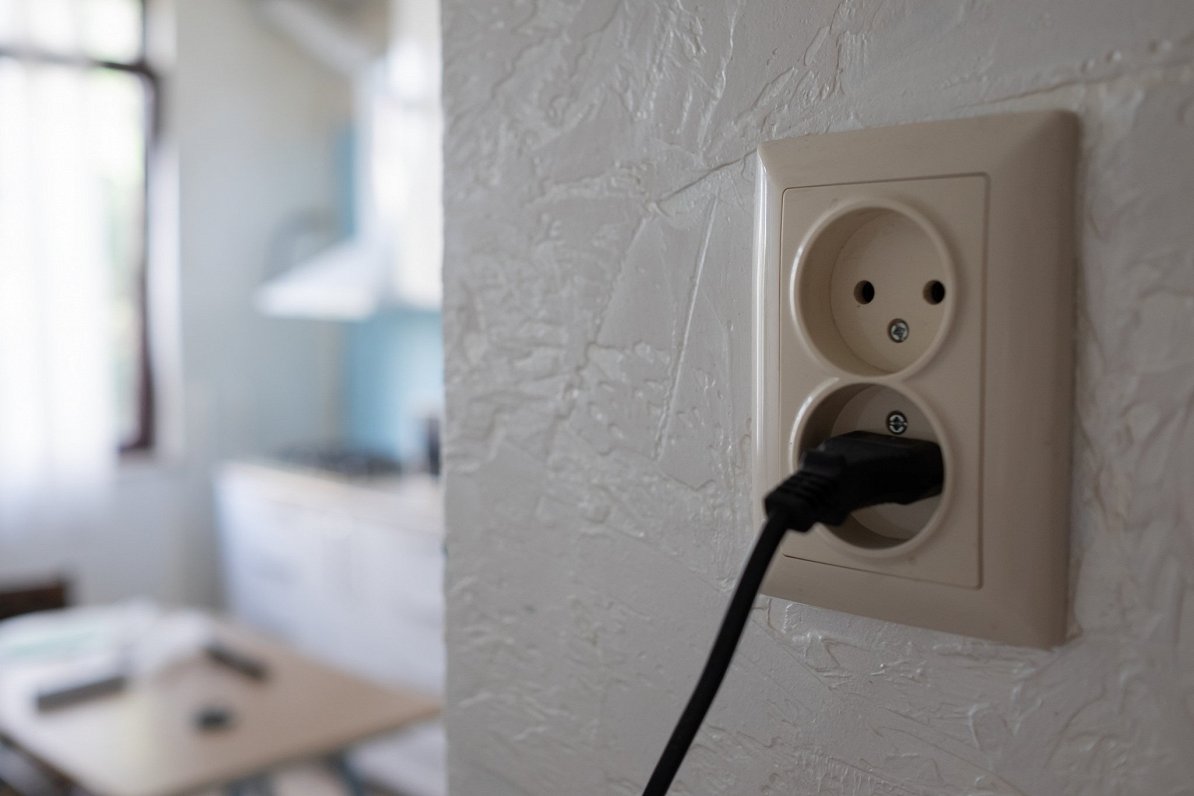Due to the large fluctuations in Latvia, only 8 to 10% of households have chosen contracts linked to stock prices, while others purchase electricity at fixed prices. Currently, exchange prices are low. “Enefit” board chairman Krists Mertens said that one of the reasons the price of electricity fell was the warm winter.
“The weather has been good. We see that gas prices have also fallen and we see that in Finland, too, the nuclear power plant has now started to work, which has made a further positive dent in electricity prices, namely, they fall. The summer period is currently ongoing and electricity from solar panels is actively produced, which also reflects on electricity prices. On the Nord Pool Spot exchange during certain hours, the price of the electricity is significantly lower than it is in the early mornings and evenings, and in certain moments is even close to zero or even negative. If the customer has chosen to link prices to the stock exchange, then of course they will immediately experience these price fluctuations, or price declines, in the market. If the customer has entered into a fixed price agreement, of course, they will not be directly affected by these changes,” said Mertens.
In May, State aid for households to compensate for increases in electricity prices expired, while “Enefit” will compensate for the price difference for the first 100 kilowatt-hours spent for customers who have chosen to purchase electricity at a fixed price from Baltic wind parks.
As of May 1, Latvenergo also announced price reductions.
“For most of the customers for whom it has been possible to have fixed prices on the terms of the contract, we have revised the price. That price cut has been up to 20% for electricity for the first hundred kilowatt-hours. As winter comes, demand is rising. Production capacity from renewable resources, such as solar stations, is also likely to shrink, as the sun is basically used over the summer. It is known that its price is likely to rise, but how much is hard to predict [..],” said Artis Raukaitis, head of Latvenergo Energy Products.
Gunārs Valdmanis, director of the Energy Market Department of the Ministry of Climate and Energy, told LR that electricity average prices will be more stable in the long run, while short-term stock prices will fluctuate more frequently.
"At the moment, these events will be more rapid than we have seen in previous years, in terms of both periods of negative prices or very low prices, and periods of relatively high prices that may be linked to fluctuations in renewable energy development in line with the weather. What I would also like to emphasize is that, of course, customers should always be aware that a fixed price, even if it is slightly higher, still represents a significant economic benefit, because this service also includes a certain [..] guarantee that the price will remain stable for longer," said Valdmanis.
The electricity price consists of several parts: electricity prices at the trader, the distribution network tariff with the high-voltage transmission operator tariff, and VAT.

























